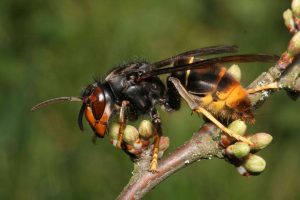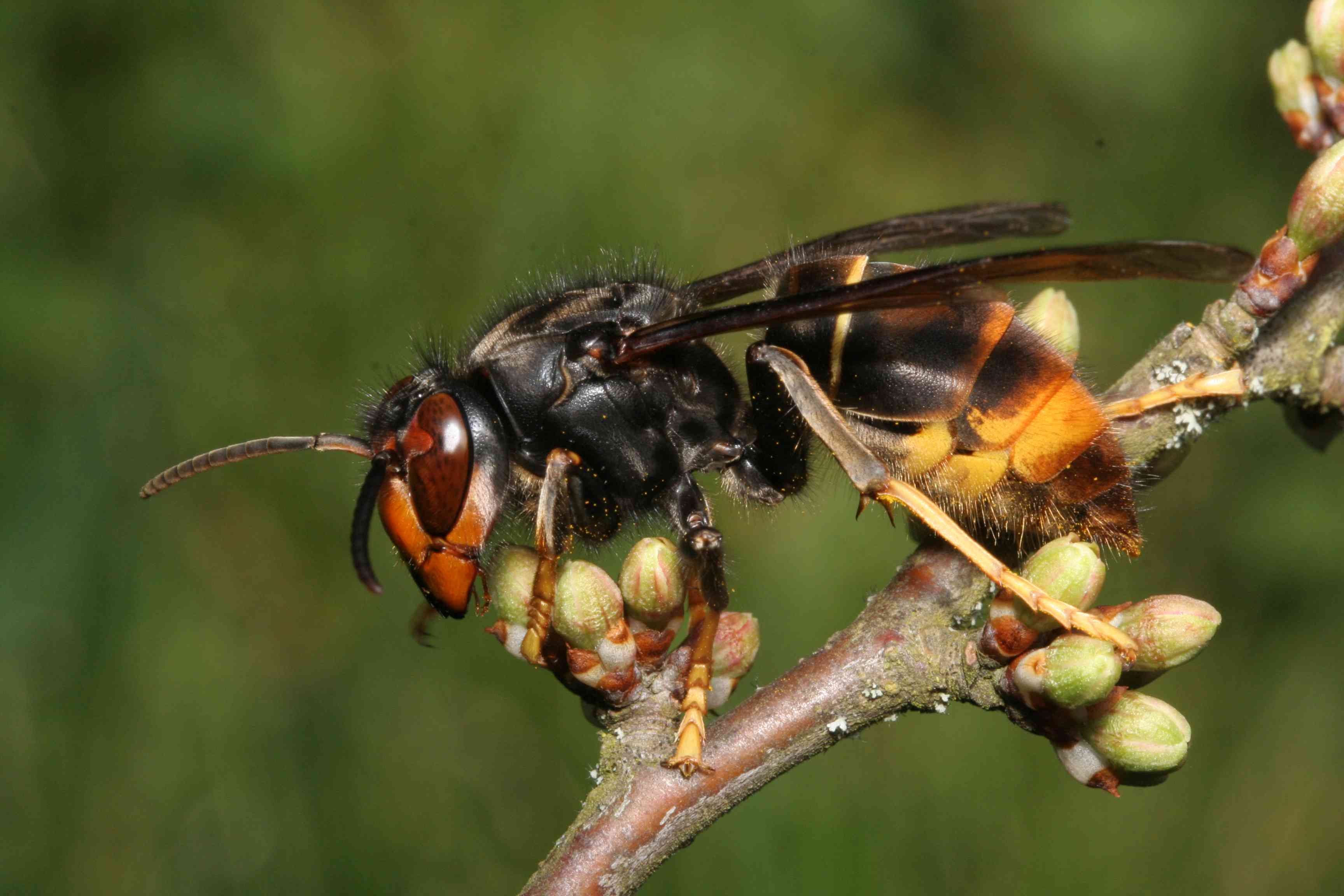 THE UK’s largest shooting organisation is urging its members to help protect the native population of honey bees by supporting efforts to eradicate the invasive Asian hornet.
THE UK’s largest shooting organisation is urging its members to help protect the native population of honey bees by supporting efforts to eradicate the invasive Asian hornet.
Shooters are being asked to report the presence of Asian hornets using the following email address or website: alertnonnative@ceh.ac.uk or http://www.brc.ac.uk/risc/alert.php?species=asian_hornet
An identification guide has been published by Defra here: https://secure.fera.defra.gov.uk/nonnativespecies/downloadDocument.cfm?id=646
Asian hornets pose a serious threat to the UK’s wildlife, especially honey bees and other insects, which risks disastrous impacts on the pollination of plants and crops. In rare cases, the hornet is a danger to human health.
The species arrived in France in 2004 and spread rapidly throughout Europe before their presence in the UK was confirmed, in Gloucestershire, for the first time on September 20 this year.
Staff from the Department for Environment, Food and Rural Affairs (Defra) have been deployed to eradicate the species before it establishes itself in the area.
But the risk remains that the hornets are in fact more widespread than currently known, hence the need for vigilance and for sightings to be reported to specialist agencies. Asian hornets are smaller than native hornets but their abdomens are almost entirely black.
Ian Danby, BASC’s head of biodiversity, said: “Shooting has a management influence over two thirds of the rural land area and with that access to that amount of land we are a key group to look out for Asian Hornet. With their flight time ending in November, we only have a few weeks when we might see them on the wing, although any nests will be seen after then and are unusually large.
“There are excellent identification sheets available for download from Defra agencies and we would urge our members to report sightings of Asian hornets or their nests.”
Peter Glenser, BASC chairman, said: “BASC give full support to Defra on invasive alien species control and are members of the GB Non-native Species Secretariat’s England Working Group. Shooters enjoy such great access to land and spend time in the field and so notice what lives there, they are highly valuable in finding species. They can be the eyes and ears of the countryside and turning their attention to this particular species will be of immense assistance.”
